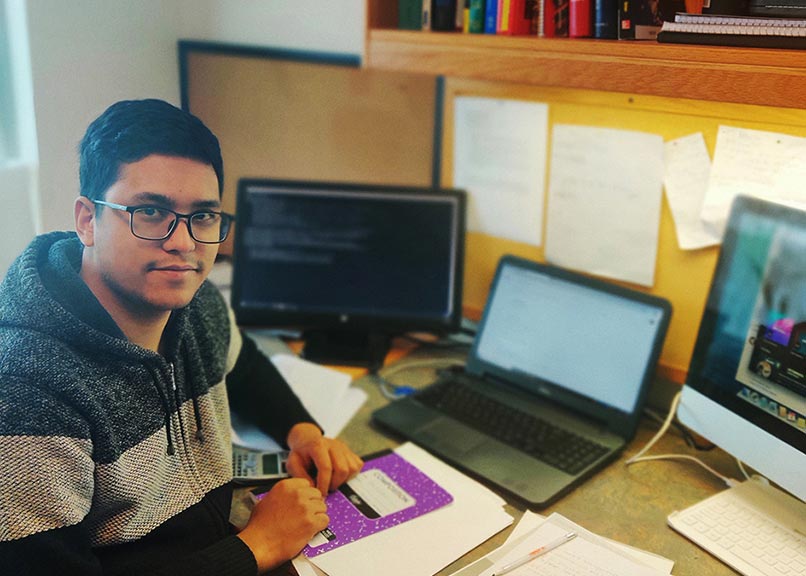Faculty News | Quick Read
Unlocking Student Potential
Faculty Mentorship Leads to International Conference Presentation
by Lisa Ambrose | Winter 2021
At the start of each semester, Assistant Professor of Computer Science Eman Abdelfattah shares research conducted by former students to jumpstart excitement for whatever opportunities lie ahead for students enrolled in courses such as CMPS 320: Machine Learning. This fall proved to be especially prosperous for Ramapo College students, who co-authored three papers under the mentorship of their professor. For some students “it is the first opportunity for them to write a research paper. It is hard work but the outcome is worth the efforts,” shared Abdelfattah.

Working virtually allowed me a flexible schedule which in turn resulted in productive work.
Subin Mali ’21 presented his work on the Google App Play Store at the Computing and Communication Workshop and Conference.
As part of the course, students must apply different machine learning models they learn in class on selected datasets of interest to them. Those efforts, even under the unique conditions presented by the pandemic, paid off in January when six students presented their work virtually at the 11th IEEE Computing and Communication Workshop and Conference (CCWC) Conference. Graduate student Arifur Rahman ‘22, who worked with Abdelfattah and undergraduates, agrees. “Acceptance to the IEEE CCWC 2021 conference is an honor and makes all the hard work during fall semester worth it. The encouragement and guidance from Dr. Abdelfattah helped my research tremendously.”
One area of research sought to better understand how and why coral reefs around the world are being depleted due to human interference. Machine learning and computer science have been critical in the efficient processing of coral reef data and imagery. This allows researchers to easily work with the habitats, and focus their efforts on fully restoring what has so rapidly been destroyed over the past decades.

Traditionally, courses and research collaborations are offered in-person on campus. The shift to virtual learning and research presented challenges, but also provided advantages, as senior Subin Mali ‘21 identified. “Working virtually allowed me a flexible schedule which in turn resulted in productive work. My work station was right in my room so I was able to work on my research whenever I felt like it.” As research-minded students often do, employing a trial and error method for communication and collaboration enabled the team to work well together towards a common goal, as proven by their accomplishments.
